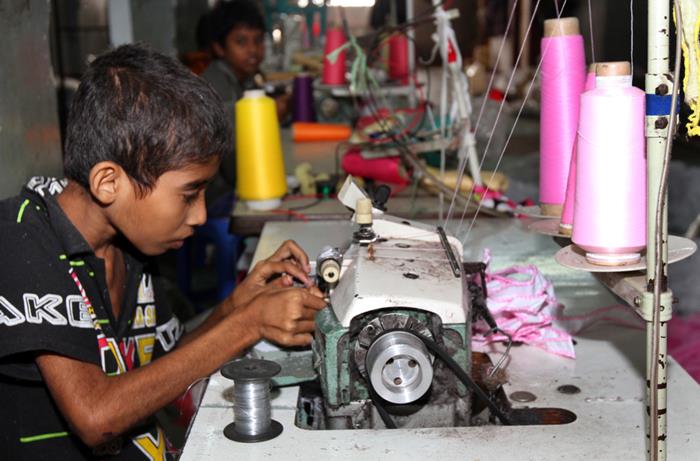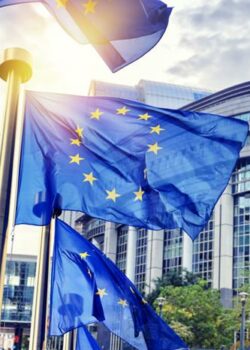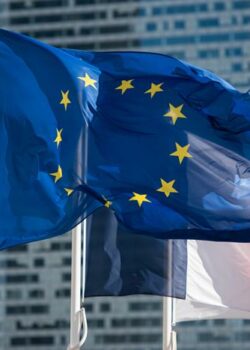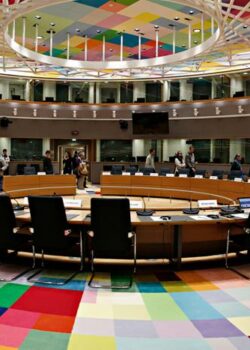This week, new talks will take place among institutions of the European Union over the precise text of the laws that will compel companies to undertake human rights and sustainability due diligence in their supply chains.
But although there is widespread agreement that a due diligence law is good news, there remains much to resolve. “We are expecting more heated debate during the trilogues so there will no doubt be further changes to the wording of CSDDD…,” say Rachel Barrett and James Marlow of law firm Linklaters.
CSDDD is the Corporate Sustainability Due Diligence Directive, a major piece of legislation that will affect companies across the European Union and those beyond who supply them.
Thursday of last week saw the European Parliament vote through its own proposal for the legislation, with MEPs largely unpersuaded by efforts to water down their final text. It now goes forward for “trilogue” negotiations between the European Parliament, the European Commission and the European Council to settle the final rules.
Human rights and environmental campaigners, as well as lawyers and business groups, still believe the parliamentary vote was a major piece of progress, especially given events across the Atlantic in US politics.
‘A truly historic moment’
Tsvetelina Kuzmanova, a senior policy advisor on sustainable finance with the think tank E3G, says: “It is a truly historic moment for making industries and financial institutions play their part in protecting people and the planet.
“Given the recent anti-ESG movement in the US and political pressure on investors’ net zero pledges, the EU is stepping up to lead the way in financial regulation.”
There have been criticisms of the CSDDD. These include the issue of determining which companies would be caught by the rules, with many campaigners seeking to include small and medium sized companies.
There was also a question of which “impacts” would be covered, with worries expressed that companies could avoid scrutiny of some issues such as pollution, labour rights abuses and “land grabbing”.
Meanwhile, there has also been constant debate about the “enforcement” provisions in the bill.
Observers point out there are still issues to resolve. Parliament wants the due diligence regime to apply to companies in all sectors with more than 250 employees and worldwide turnover of more than €40m, in addition to parent companies of 500 employees and a turnover greater than €150m.
Do finance firms count?
Parliamentarians also want the rules to apply to financial services, though the European Council believes member state national governments should decide whether their finance firms are subject to the rules.
That should give the trilogue participants plenty to chew on. And even if there is agreement that finance companies should be included, there could still be argument over what kind and size of firms.
A further issue may be the way new rules are enforced. National governments will be able to fine companies for non-compliance, while a civil liability regime is also included. In the case of serious violations, there may be criminal liability.
Campaigners were pleased with some of the parliamentary text, but there were also concerns. The European Coalition for Corporate Justice (ECCJ) marked how the text “lowers the hurdles to access to justice” by extending the statute of limitations for corporate cases. However, there was disappointment that the EU Parliament did not resolve a “burden of proof” issue. Campaigners want the “burden of proof” to lie with companies, not those making claims against them.
ECCJ policy officer Christopher Patz says: “We face pressing interlocked climate and economic crises. Political compromise has once again eroded key measures to protect the environment and provide access to justice.”
Trilogues will start this week, but could take months to end. The due diligence rules could still see change.





